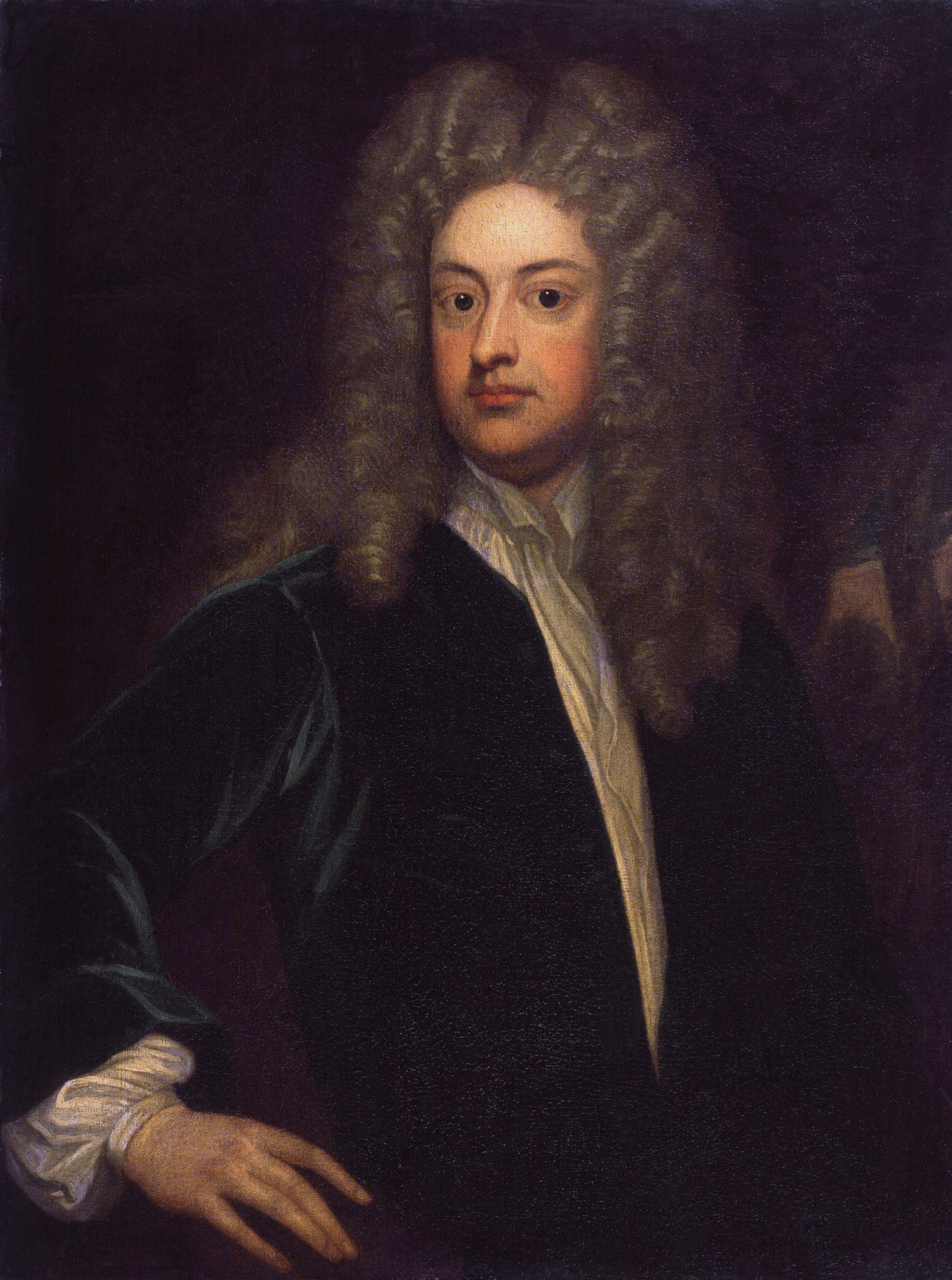Joseph Addison Berühmte Zitate
„Eine Frau fragt in Liebessachen selten um Rat, bevor sie ihre Hochzeitskleider gekauft hat.“
On askin advice in affairs of love
("A woman seldom asks advice before she has bought her wedding clothes." - The Spectator No. 475 (4 September 1712)).
„Niemand ist so unglücklich wie ein Idol, das sich selbst überlebt hat.“
The Spectator
"There is not a more unhappy being than a superannuated idol." - The Spectator No. 73 (24 May 1711)
„Noch jetzt, scheint mir, tret ich auf klassischen Boden.“
Briefe über Italien
"And still I seem to tread on classic ground." - A Letter from Italy, to the Right Honourable Charles, Lord Halifax. 1701.
„Sieh, wie friedlich ein Christ sterben kann.“
Letzte Worte zu seinem Stiefsohn Thomas Tickell, dem späteren Lord Warwick
Original engl.: "See in what peace a Christian can die." - as quoted in Conjectures on Original Composition (1759) by Edward Young
The Spectator
"We are always doing something for Posterity, but I would fain see Posterity do something for us." - The Spectator No. 587 (20 August 1714)
Joseph Addison: Zitate auf Englisch
No. 465, Ode (23 August 1712).
The Spectator (1711–1714)
No. 117 (14 July 1711).
The Spectator (1711–1714)
“Young men soon give and soon forget affronts;
Old age is slow in both.”
Act II, scene v.
Cato, A Tragedy (1713)
“We are always doing something for Posterity, but I would fain see Posterity do something for us.”
No. 587 (20 August 1714).
The Spectator (1711–1714)
Samuel Johnson in The Rambler, no. 50 (8 September 1750); many of Johnson's remarks have been attributed to Addison
Misattributed
No. 1 (1 March 1711).
The Spectator (1711–1714)
“Great Pompey's shade complains that we are slow,
And Scipio's ghost walks unavenged amongst us!”
Act II, scene i.
Cato, A Tragedy (1713)
“Thus I live in the world rather as a spectator of mankind than as one of the species.”
No. 1 (1 March 1711).
The Spectator (1711–1714)
“Nature does nothing without purpose or uselessly.”
Act V, scene i.
Cato, A Tragedy (1713)
“For ever singing as they shine,
The hand that made us is divine.”
Ode.
Bartlett's Familiar Quotations, 10th ed. (1919)
No. 117.
The Guardian (1713)
“Talk not of love: thou never knew'st its force.”
Act III, scene ii.
Cato, A Tragedy (1713)
“Tis pride, rank pride, and haughtiness of soul:
I think the Romans call it Stoicism.”
Act I, scene iv.
Cato, A Tragedy (1713)
“What sculpture is to a block of marble, education is to the human soul.”
No. 215 (6 November 1711).
The Spectator (1711–1714)
No. 166 (10 September 1711).
The Spectator (1711–1714)
No. 249 (15 December 1711).
The Spectator (1711–1714)
Widely quoted as an Addison maxim this is actually by the American clergyman George Washington Burnap (1802-1859), published in Burnap's The Sphere and Duties of Woman : A Course of Lectures (1848), Lecture IV.
Misattributed
“Tis not in mortals to command success,
But we'll do more, Sempronius; we'll deserve it.”
Act I, scene ii.
Cato, A Tragedy (1713)
" The Life and Teachings of Thoth Hermes Trismegistus http://magdelene.net/Thoth%20Hermes%20Trismegistus.htm", in The Secret Teachings of All Ages (1928) by the Canadian occultist Manly Hall; a few quotation websites credit this to Addison.
Misattributed
“I will indulge my sorrows, and give way
To all the pangs and fury of despair.”
Act IV, scene iii.
Cato, A Tragedy (1713)
No. 255 (22 December 1711).
The Spectator (1711–1714)
